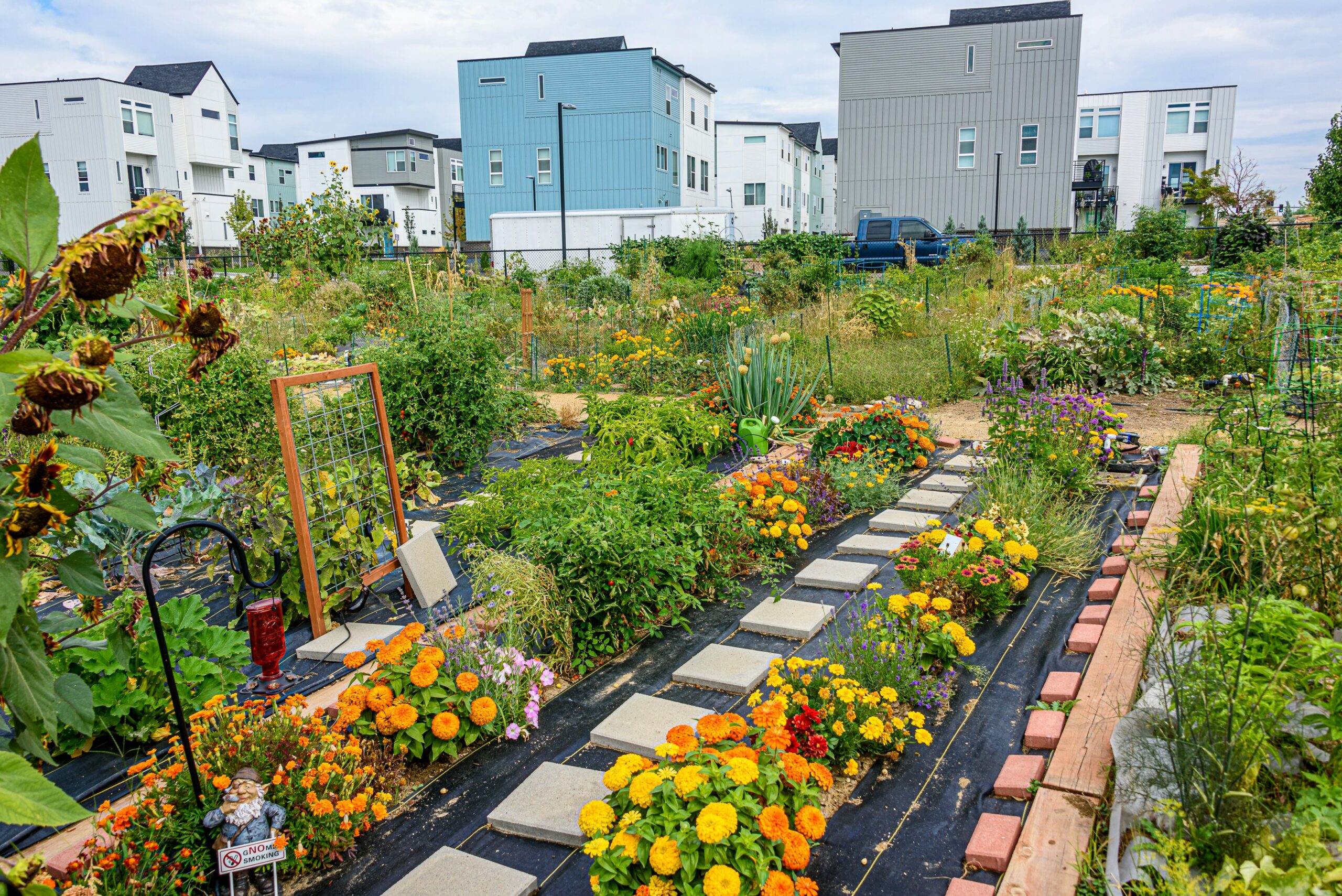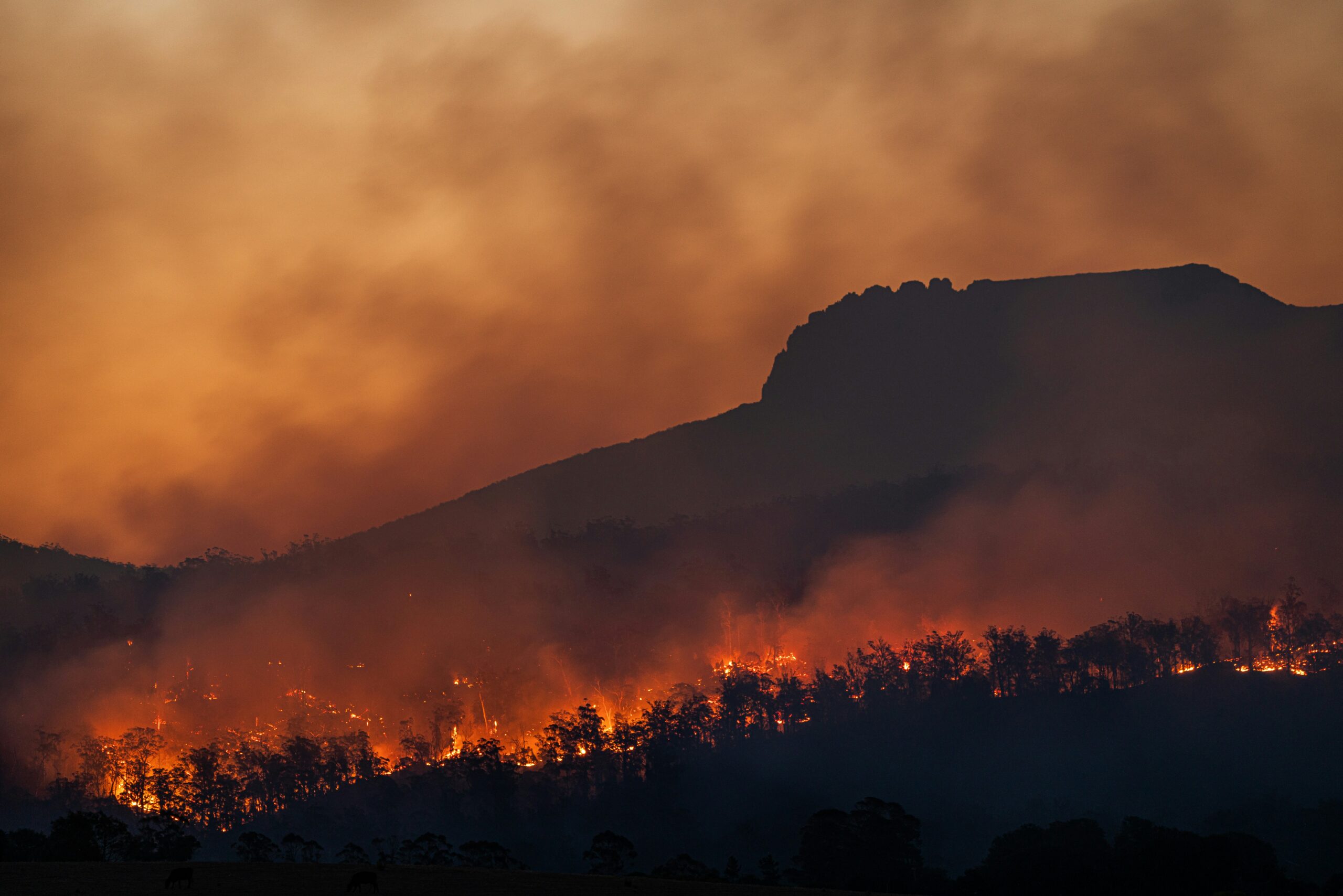Paving the Way for Climate Resilience in California: Deeper Collaboration with The Community Resilience Working Group

What is climate resilience and why is it so challenging to achieve within our communities? Historically, policymakers have failed to address the acute and long-term impacts of climate change on communities of color and have frequently ignored their concerns. This neglect perpetuates an ongoing trend of disinvestment in frontline communities that hinders progress toward building thriving and resilient societies where everyone can prosper even in the face of the growing climate crisis.
In 2021, when California experienced a historic state budget surplus of $75 billion dollars, the state committed $54 billion dollars towards climate programs. This massive influx of climate funding created a promising opportunity to prioritize the concerns of frontline communities most impacted by pollution through the development of new state-funded climate programs and deep investments in existing climate equity programs.
To help ensure these new programs had the most impact, The Greenlining Institute and the Asian Pacific Environmental Network, established the Community Resilience Working Group (CRWG) to foster deeper collaboration and engagement between state governments and community leaders. Since 2021, the CRWG, co-chaired by Greenlining and APEN, has been instrumental in shaping state agency initiatives focused on community and climate resilience. The working group, comprising nine environmental justice and equity organizations statewide, spent the past two years influencing policy and amplifying local perspectives on community resilience issues by meeting with key government agencies and providing feedback through the form of comment letters on various California climate resilience government program guidelines listed below.
Specifically, the CRWG played a pivotal role in shaping one climate equity tool and four climate equity programs:
- Vulnerable Communities Platform, a mapping platform that holistically displays all the data one would need to understand who is most vulnerable to climate change in California.
- Community Resilience Centers Program, administered by the California Department of Food and Agriculture, focuses on improving community facilities and neighborhood-level community centers to enhance the state’s emergency preparedness capabilities, particularly in response to climate change.
- Community Resilience Centers, administered by the Strategic Growth Council, funds new construction and upgrades of neighborhood-level resilience centers to provide shelter and resources during climate and other emergencies and provides support for year-round, community-centered programming to build long-term community resilience against climate crises.
- Urban Agriculture Grant Program, that aims to increase access to resources and capacity for urban agriculture initiatives for communities with the greatest needs in California.
- Regional Resilience Planning Grant Program, which funds regional climate resilience efforts, including identifying climate resilience priorities and building capacity, that respond to a region’s greatest climate risks.
And, the Extreme Heat and Community Resilience Program, which funds and supports local, regional, and tribal efforts to reduce the impacts of extreme heat.
The deep engagement that the CRWG has with frontline communities and government agencies yielded significant impact in multiple climate programs that now include our recommendations, as well as improved relationships with government agencies outlined in this report highlighting the group’s contributions and insights in shaping California’s climate resilience efforts. We are sharing our learnings so that others can replicate this model for community leadership in climate resilience policy and program implementation.
The Work Ahead for the CRWG in 2024
In contrast to the massive budget surplus in 2021, as of April 2024, the state is grappling with a growing budget deficit that started in 2023. Consequently, many climate equity programs are on the chopping block. With no additional funding in sight, communities now risk having to halt their neighborhood-based climate projects and continue to live with the harsh health, environmental and economic consequences that pollution has brought to their communities. Despite the strong policies and programs that the CRWG helped to shape over the past two years, there remains a lack of support and buy-in from policymakers to invest fully in equity-centered and community-driven programs at full scale.
So, for 2024, the CRWG is focusing on securing funding for critical climate equity programs including two key climate resilience programs: Community Resilience Centers and Transformative Climate Communities which were completely zeroed out in the Governor’s 2024 January budget proposal.
Championing TCC and CRC
The Transformative Climate Communities Program and the Community Resilience Centers Program are at the forefront of community-centered equitable climate resilience efforts. TCC funds community-led development and infrastructure projects that deliver significant environmental, health, and economic benefits in California’s most marginalized communities. TCC empowers the communities most impacted by pollution to choose the strategies and projects best suited to achieve their community vision and enact transformational change – all with data-driven milestones and measurable outcomes. TCC communities are making significant strides in reducing CO2 emissions. Despite recent implementation in many areas, TCC initiatives are already yielding tangible outcomes. Examples range all over the state from the establishment of a new bikeshare program, promoting clean transportation and job creation, to the revitalization of neglected spaces like a community green area. Planned projects include the development of affordable housing near public transit, installation of EV charging stations, distribution of solar panels to low-income households, and more. Collectively, since December 2023 these efforts significantly avoided 298,254 CO2 emissions, the equivalent of 70,985 gasoline-powered passenger vehicles driven for one year.
Similarly, CRC funds neighborhood-level resilience centers to provide shelter and resources during climate and other emergencies, as well as year-round services and programming that strengthen community connections and the ability to withstand disasters. CRC takes a holistic approach to building community resilience by bringing together a comprehensive set of infrastructure upgrades, service delivery, and supportive programming that are developed and implemented in partnership with neighborhood residents.
Investing in TCC and CRC will ultimately help mitigate the impacts of worsening extreme heat, reduce climate pollution, address historic burdens and structural inequities in working-class communities of color, spur economic growth by creating good jobs, and build sustained community cohesion.
Both programs center frontline communities and have the potential to address decades of harm and disinvestment by providing resources for them to build their own climate resilience projects. Published in 2023, the California Reparations Task Force Recommendations named funding TCC and CRCs as critical investments for disenfranchised and historically redlined communities. Some communities have finally been able to use these funds to invest in projects like tree planting, transit improvements, electric shuttles and other climate resilient community infrastructure projects that their community members identified as priorities.
Take Action
In light of the challenges facing climate equity programs in California, immediate action is essential. Despite their proven effectiveness and how much frontline communities are requesting these resources, these programs often lack the necessary support and resources from policymakers to reach their full potential. Therefore, the upcoming phase of the CRWG’s work will uplift the grassroots efforts powering these community-centered initiatives, and showcase the transformative impact of the state programs. Through site visits and tours across the state with key legislators, we will amplify the local knowledge and experience that exists on the ground in both communities to make the case to policymakers for ongoing investments in these critical programs, and demonstrate how these programs can provide real impact and transformative change for generations to come.
To emphasize the impact and necessity of these critical climate programs to legislators, the voices of frontline communities matter. Showcasing power in numbers by demonstrating widespread community support can effectively convey to legislators the significance of prioritizing the restoration of funds to these key climate programs in the budget.
If you are an organization who wants to see funding restored for these key climate programs, we want to hear from you! Reach out to Sona Mohnot, Director for Climate Equity and Climate Resilience at The Greenlining Institute: sonam@greenlining.org or Elle Chen, Senior Policy & Campaign Manager at Asian Pacific Environmental Network: elle@apen4ej.org




